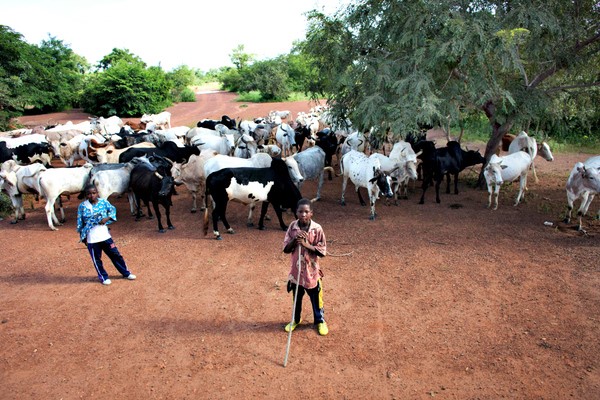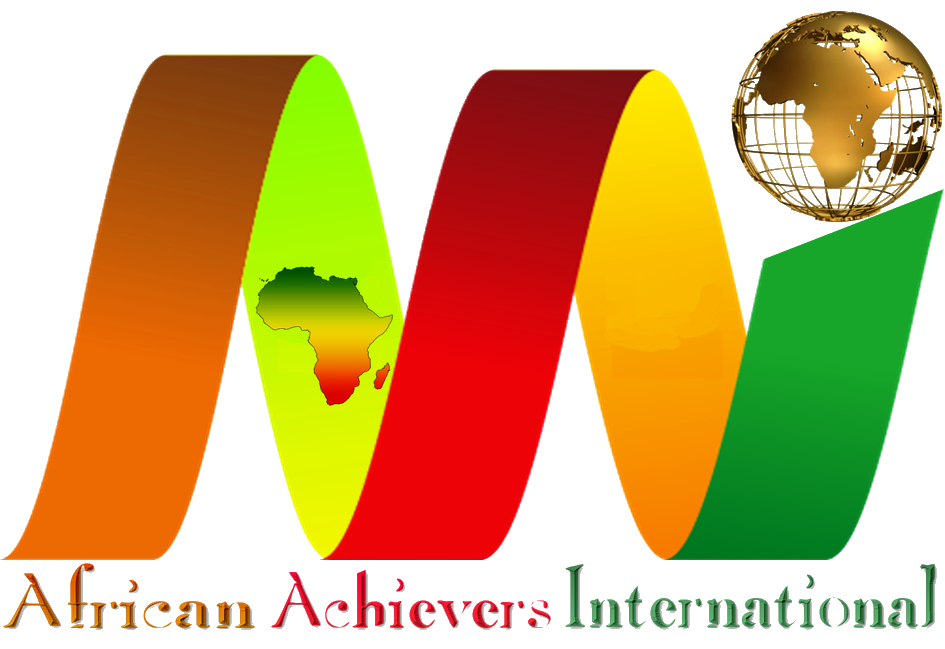Farmers in Burkina Faso outsmart climate change

Farmers in one of the world's least-developed countries are restoring degraded land using innovative techniques to conserve water and soil.
London — Over the last three decades, Burkina Faso's poorest farmers have produced food for half a million people by restoring some 300,000 hectares (741,000 acres) of degraded land with innovative techniques to conserve water and soil.
The UK-based Overseas Development Institute (ODI) think tank said Burkina Faso's subsistence farmers were leading the fight against climate change in the West African country, which is prone to severe droughts and increasingly erratic rainfall.
Amanda Lenhardt, research officer at the ODI, said farmers on the edge of the Sahel belt in Burkina Faso's Central Plateau region had made major strides in offsetting the worst impacts of climate change in "one of the world's most fragile areas."
"While malnutrition and poverty remain major problems in Burkina Faso, the fact that farmers can still produce food during extreme droughts has helped the region to avoid famine," Lenhardt told the Thomson Reuters Foundation.
"The reclamation of unproductive lands in such a climatically vulnerable region by resource-constrained farmers is an achievement by any standards," she said by telephone from Ouagadougou.
Landlocked Burkina Faso ranks 181 out of 187 countries in the U.N. Human Development Index, and remains one of the world's poorest nations.
The ODI said the restoration of up to 10 percent of Burkina Faso's arable land in the Central Plateau region was even more remarkable considering that a third of the world's productive land was experiencing degradation.
Lenhardt
said it was vital that restoring degraded land with sustainable
techniques took off in other regions of Burkina Faso, given the
importance of agriculture, which accounts for almost 35 percent of
the country's gross domestic product and employs 85 percent of the
population.
Lenhardt said information about the ever-improving sustainable techniques, which include using ditches to collect water, had been disseminated by farmers' groups and national organizations to great effect.
It was important to ensure the practices were implemented within communities, rather than just being introduced to individual farmers, she added.
"There must be discussions with farmers from the ground up, instead of visiting organizations simply imposing their ideas," Lenhardt said.
"Burkina Faso is in a unique situation in the respect that it has strong social and community networks, and these must be utilized to make an impact nationally, which will take time," she added.
Africa's Change Makers Magazine
COMPANY
AFRICAN ACHIEVERS INTERNATIONAL Inc. is a global media and technology company including lifestyle media publisher SEMA AFRICA
online
Magazine AFRICAN ACHIEVERS MAGAZINE, digital shopping
platform PA-BEAUTY STATION.COM, event management
PRIDE OF AFRICA, awards program AfIA
AWARDS, youth and talent development, PILLARS OF
HOPE and AAK, Volunteerism
UNIVERSIDAY grassroots community support
NAD and financial support
REMITGROW and monthly subscription box AAi Must
Have. ....
More from African Achievers International
PLATFORM
About Sema
Africa
Our
Team
Contact
Us
Jobs
Internship
Upcoming Events
Get a Domain/Website
Mama Africa - My Story
Write for Sema Africa
Advertise
Promote your Events
Travel
Policies
Archive
SUBSCRIBE




